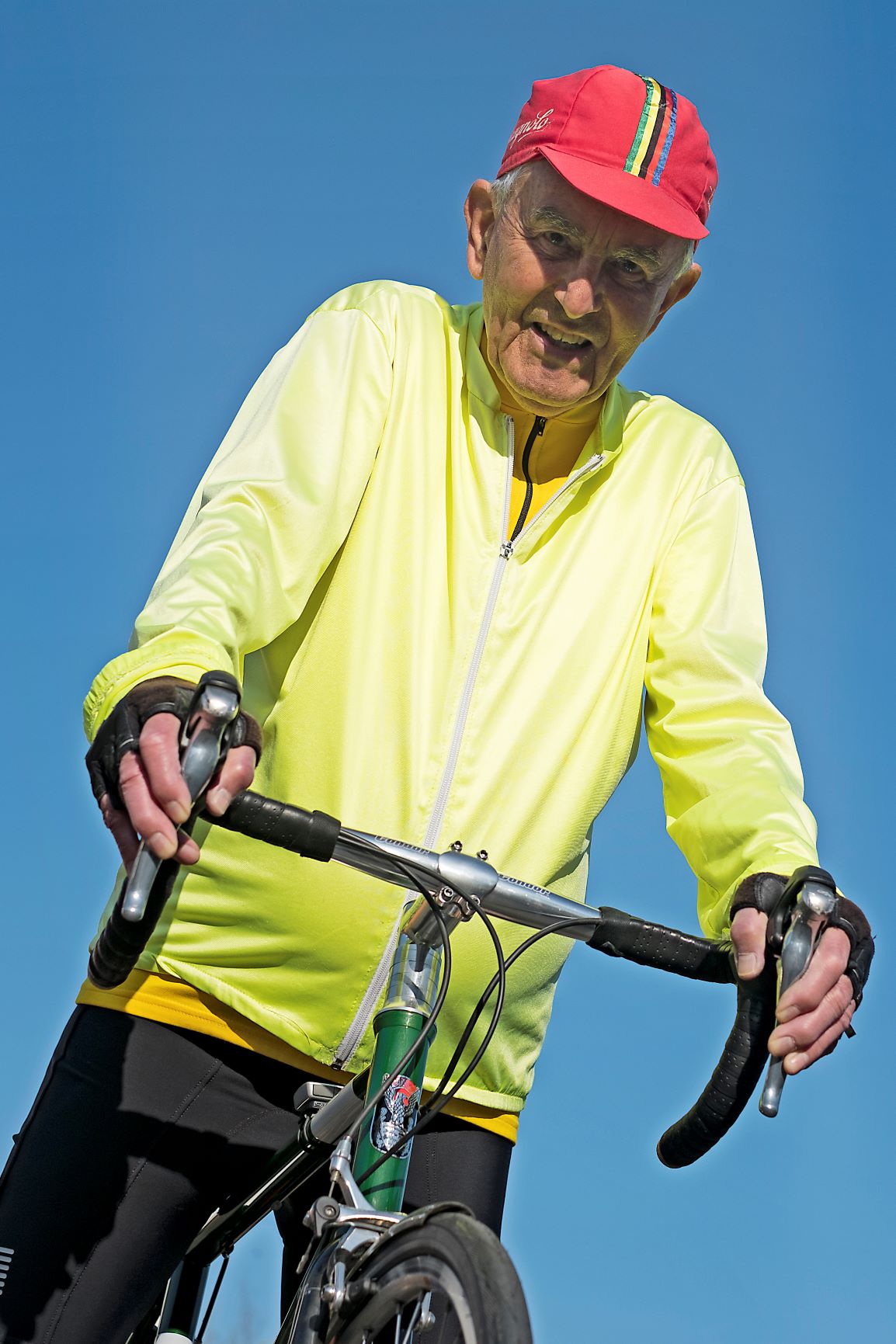 With free time plentiful and a father who was once a keen time trialist, cycling was a big part of my youth. Me and my father would eagerly await delivery of Cycling Weekly, or ‘The Comic’ as it’s affectionately referred to, so we could read about the likes of Reg Harris – the Bradley Wiggins of the time. However, when I left school life became a tad more sensible and cycling, by default, began to take a back seat. It took a midlife crisis to rekindle my love of the sport which has now, having been retired for fifteen years, become a major part of my life.
With free time plentiful and a father who was once a keen time trialist, cycling was a big part of my youth. Me and my father would eagerly await delivery of Cycling Weekly, or ‘The Comic’ as it’s affectionately referred to, so we could read about the likes of Reg Harris – the Bradley Wiggins of the time. However, when I left school life became a tad more sensible and cycling, by default, began to take a back seat. It took a midlife crisis to rekindle my love of the sport which has now, having been retired for fifteen years, become a major part of my life.
It was my employer, W&C French (a major construction company involved in the development of Harlow New Town), who instigated my move to the town. A project I was working on had finished and my new assignment was in Walthamstow. Commuting from St Ives wasn’t ideal, so a move to Harlow where my employer had a depot seemed logical. My wife was keen to point out that this move was just a stopgap for a few years. Not only was that fifty years ago, but we’re still in the same house! But with two children of school age there was never an ideal time to pluck them from school and friends and expect them to settle elsewhere; besides, we’d grown to enjoy living in Harlow.
'a small cog in a big wheel'
When I arrived, cycling was still a big deal in the town. The Pathé newsreels showing cyclists swarming from factory gates at the stroke of five o’clock were anything but fabricated. It was the ‘go to’ mode of transport for those commuting to work; often outnumbering cars. However, that situation changed with the arrival of cheaper cars such as the Mini and Ford Anglia. Wages no longer prohibited car ownership – people now aspired to motoring as opposed to pedalling. Social mobility changed and cycling within the town waned over the decades. I witnessed the undoing of Gibberd’s master plan; utilising the country lanes (that go back before time immemorial) as a network of cycle lanes, which are not used half as much. And gone are the banked walls of the velodrome that once thrived and held televised meetings, putting Harlow at the forefront of British cycling.
I’ve been part of the Stort Valley CTC (Cyclist Touring Club) for around twenty-five years, fifteen of those as ride leader. The club was originally founded as Bishop’s Stortford CTC, but with so many members being beyond that geographical border, a renaming better suited its demographic. Just like the route, the distance of our Sunday morning ride varies – around fifty miles being the norm. No prior confirmation is required; we depart without fail at 9am. On occasions I arrange a ‘mystery ride’ where I’m the only one privy to the route. However, as with all our rides, it will inevitably involve a stop at a café.
Even though we have a family car I’ll opt for cycling unless there’s snow or ice. It’s just how I choose to get around when attending meetings, shopping or running errands. It’s not uncommon for me to clock up on average eighty to a hundred miles a week – much of which is within Harlow itself.
'it's always good to come home to Harlow'
I might just be a small cog in a big wheel, but that doesn’t stop me trying to get others to ditch their cars in favour of a bike. I know I’m in the minority, but people are too wedded to their cars. They emerge from their homes, car keys in hand, with no thought as to whether they could cycle, use public transport or – heaven forbid – walk. Harlow is now, like all towns, geared towards the car – towns that often weren’t built to cope with the number of cars let alone rising populations. That’s why I’m sympathetic to Gibberd and the original Harlow New Town planners. How could they have foreseen the changes within the town and society as a whole? If just a fraction of the town could ditch their cars think what a difference it would make. The infrastructure is there, we just need to entice or maybe incentivise people to use it.
However, after all these years I still love the town and its green spaces. We travel from time to time and it’s always good to come home to Harlow – I really mean that.
